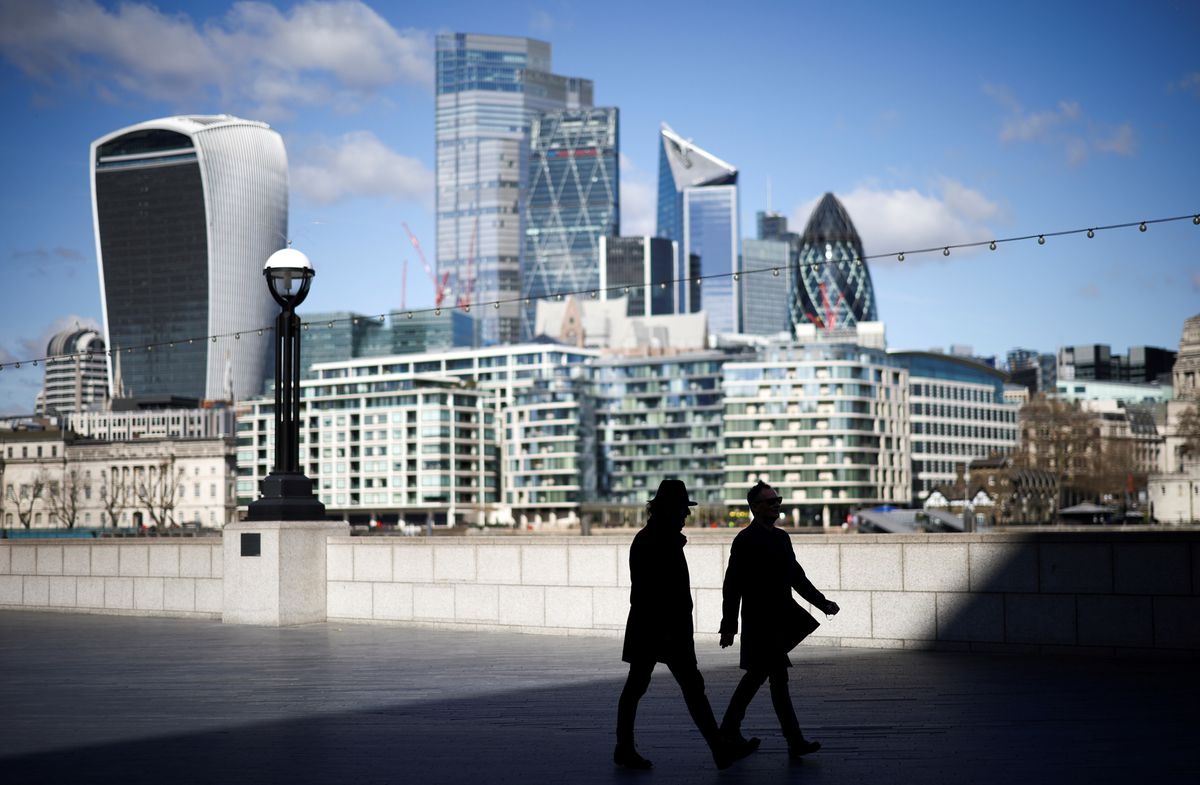UK to Reverse Cut to 45% Tax Rate
After proposing a cut to the highest tax bracket in its mini-budget on Sept. 23, the UK government reportedly reversed its plan on Monday in response to backlash.

Facts
- After proposing a cut to the highest tax bracket in its mini-budget on Sept. 23, the UK government reportedly reversed its plan on Monday in response to backlash.
- The announcement of the plan, which would've reduced the top bracket from 45% to 40% as part of a "growth plan" to be funded by vast government borrowing, led to the value of the pound plummeting and was met with opposition from several senior lawmakers.
- The mini-budget - which PM Liz Truss said also included cuts to the basic rate for lower earners, a cut in taxes on house purchases, and a decision not to raise the corporate tax- was criticized by some as a giveaway to the wealthy despite being the centerpiece of Truss's campaign.
- The UK government has already pledged to spend tens of billions of pounds to protect people from surging gas and electricity bills this winter, with former Tory cabinet minister Michael Grove saying the tax cut was "not conservative" and strongly suggesting he'd vote against it.
- With cutting taxes having been a key part of Truss's campaign, the news leaves her months-old government in flux. It also raises questions about the future of Kwarteng, who had pushed for the cuts along with other free-market policies.
- The pound rose sharply on Monday after the announcement, with the Sterling 0.8% higher against the dollar at one point before dipping to $1.1212 by 7:30 am London time.
Sources: Reuters, Yahoo, CNBC, and New York Times.
Narratives
- Left narrative, as provided by Metro. Liz Truss's mini-budget was a failed proposal from the outset, and her attempt to throw chancellor Kwarteng under the bus shows how ill-prepared she was to push this profoundly concerning policy. Though choosing not to cut taxes on the rich is a good thing, there's no doubt she would have pushed ahead if it weren't for the backlash she received from members of her own Conservative Party.
- Right narrative, as provided by iNews. The problem wasn't the mini-budget itself, but the way PM Truss and her team communicated it to the public. The multiple tax breaks - which weren't just for the rich - were an attempt to generate economic growth, and it needed time to play out and see how the market reacted. If Truss had communicated her goals more clearly, she may have received the support she needed and her plan could've worked.






